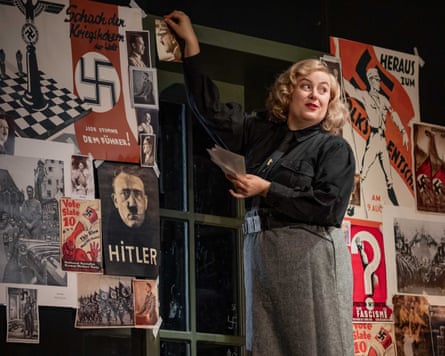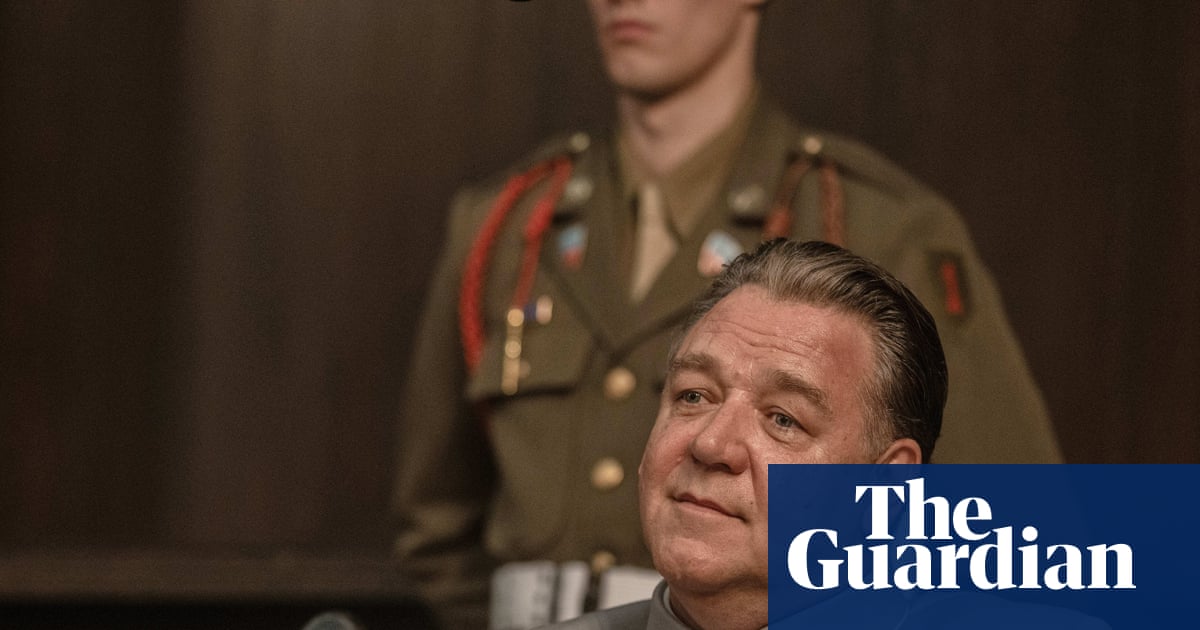Will we ever get over the Mitfords? Unlikely. This summer’s glossy TV treatment of their story, Outrageous, is the latest proof of the aristo-family’s inexhaustible appeal. Amy Rosenthal’s new play may be lucky, or not, to pitch up so soon after.
The sisters are so well established by the vast repository of existing content they barely need introduction: the waspish novelist (Nancy), the society beauty (Diana), the Hitler obsessive (Unity), the socialist revolutionary (Decca), and the country-living one who just wants to marry a duke (Debo). Pamela, who spent her life happily married and tending a farm, remains staunchly off stage.
Rosenthal’s play explores how their political passions affected the sibling dynamic. The action foregrounds and favours “dauntless” Decca who, at 25, found herself a working single mother in the US, after her husband Esmond’s disappearance during the second world war. But it flits back and forth through the sisters’ lives as they each carve out their own escape from familial and societal expectations: elopement, divorce, writing.

Richard Beecham’s direction feels determinedly period, although he is unafraid to mine the absurd and sometimes dangerous humour of the teenage Decca and Unity sharing a bedroom, carving swastikas and hammer-and-sickles into their respective windows. The sight of young people fascinated by fascism and family members estranged by their polarised viewpoints hints at plenty in the Mitfords’ story that might speak acutely to today, not least the fear that we’re living the 1930s all over again.
But this drawing-room drama never really gets us there. Elisabeth Dermot Walsh finds the chill factor as the older Diana, still spouting holocaust denial, and Ell Potter is a convincingly unstable Unity. There’s no sense, however, of the younger Diana as the beguiling influence she is claimed to be.
More convincing than the sororal bonds is the chemistry between Emma Noakes’s Decca and her colleague in the American rationing department, Bob Treuhaft (an engaging performance from Joe Coen). It’s a romance that helps to ground the play – but not to shed new light on this well-worn tale.

 2 months ago
46
2 months ago
46

















































